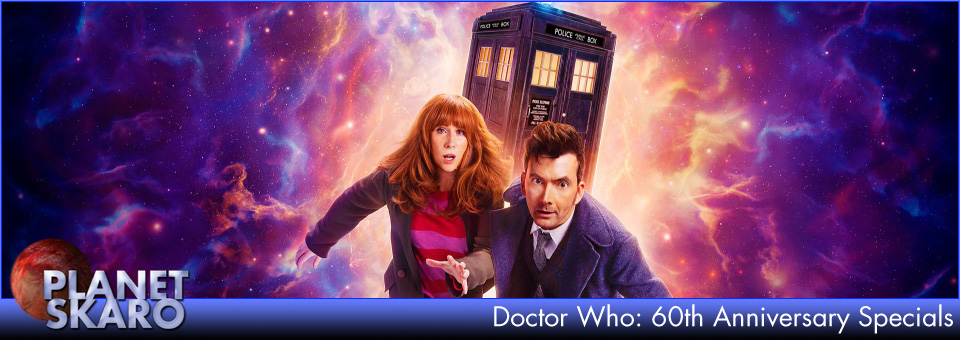Thread: Random Book Reviews / Comments
Results 1 to 1 of 1
-
19th Oct 2010, 10:08 PM #1
 Random Book Reviews / Comments
Random Book Reviews / Comments
Here's an old thread for slightly more in-depth stuff about books what you've been readerising with your eyeballs.
I've just finished Empire of The Sun by JG Ballard:
I've not seen the film version of Empire of The Sun, which was a semi-flop for Stephen Spielberg in 1987. For the first hundred or so pages there's plenty of incidents that would lend themselves well to an action movie. JG Ballard greatest strength is as a creator of images through text, creating visual events that linger long after the details of the book are forgotten. So when the 11-year old Jim runs across the airfield with his toy plane and hurls across the front into ranks of Japanese soldiers waiting for the war to start, you can feel the hairs on the back of Spielberg's neck stand up.
In itself, this book offers no great insight into the characters of the Japanese, Chinese, British or Americans. There's no great plot beyond Jim's quest to find his parents, which later mutates into his yearning for World War III. Jim adjusts to his life in a Japanese prisoner of war camp and seems more afraid of change than of fields of fly-strewn corpses.
At it's heart, Empire of The Sun is about what it's like to nearly starve to death. It could be seen as a coming-of-age story, or about the end of childhood, but the trials that Jim endures go so much further than that. Over the course of the book Jim goes from an 11-year old member of the British Upper Class to a 14-year old sewer rat. He learns things on the way, such as words gleaned from copies of Time Magazine and Readers Digest. He learns how to fight, how to survive and that caring for someone else is the same as having someone care for you.
Yet none of these things really help him. He's a victim of chance throughout, from getting separated from his parents to being the first to come across one of the American food drops. At one points he regrets losing his belongings that he could have traded for food to save Mr Maxted's life. Yet it was bizarre to see all the English carrying their tennis racquets on the long march between camps.
Jim becomes enamoured to the war. At the start of the book he is obsessed with planes. He desperately tries to get the Japanese to take him prisoner, so he can see his parents again. Then when he sees the flash from the Nagasaki nuclear blast he becomes a devotee of war, constantly asking when World War III will begin. The flash, it is said, was god lighting up the world to see clearly what was happening.
Empire of The Sun is a depiction of extreme suffering. It doesn't feature any particular cruelty or torture, yet the events described are pretty horrific. For all that, it's a fascinating read and by far the best Ballard novel I've read.
Anyone else read this? Or seen the film?Pity. I have no understanding of the word. It is not registered in my vocabulary bank. EXTERMINATE!
Similar Threads
-
Celebrate - Regenerate - Reviews for Fanzine!
By Rob McCow in forum The Fiction FactoryReplies: 0Last Post: 13th Jul 2012, 10:49 PM -
The Planet Skaro Incidental Music Poll: Results and Comments Thread
By SiHart in forum Adventures In Time and SpaceReplies: 12Last Post: 13th Apr 2007, 12:57 AM -
New Beginnings (give us your reviews!)
By Larry in forum DVD and Blu-rayReplies: 292Last Post: 4th Mar 2007, 11:07 PM -
Time Team - Album Reviews
By Rob McCow in forum MusicReplies: 20Last Post: 7th Feb 2007, 2:30 PM




PSAudios 6.1. Bless You Doctor Who
[/URL] (Click for large version) Doctor Who A thrilling two-part adventure starring Brendan Jones & Paul Monk & Paul Monk Bless You,...
23rd Nov 2020, 3:02 PM